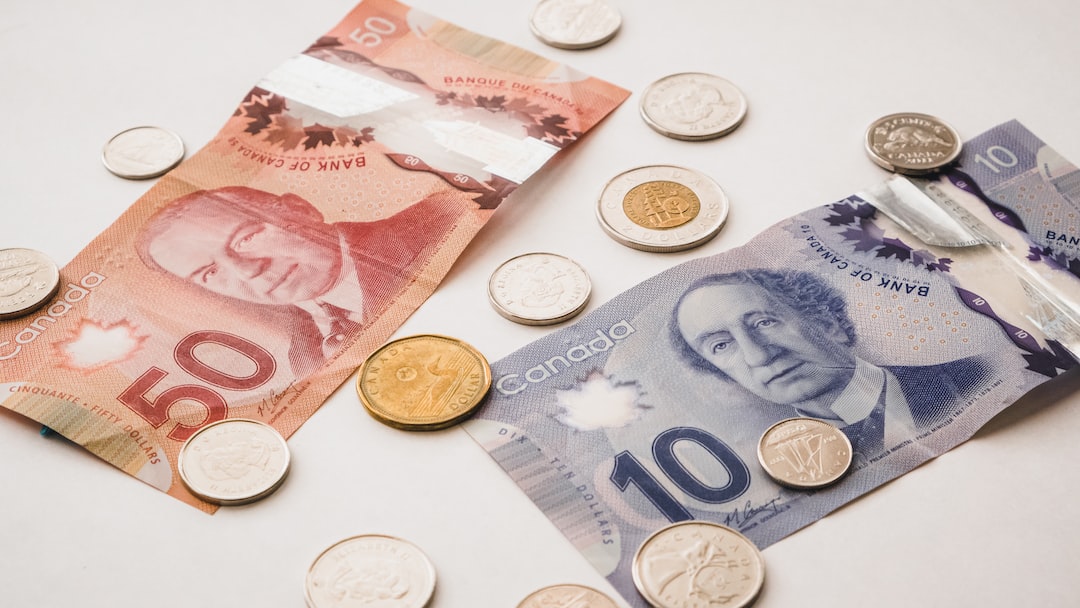The forex market is a highly volatile market that involves buying and selling different currencies from around the world. Forex traders often face the challenge of deciding when to buy and sell currencies. In this article, we will discuss some of the key factors that traders should consider when making these decisions.
The first factor that traders should consider when deciding when to buy or sell forex is the economic calendar. The economic calendar is a tool that provides information on the release of important economic data such as GDP, inflation, employment figures, and central bank decisions. These data releases can have a significant impact on the forex market, as they can affect the value of different currencies.
For example, if the economic data of a country shows a strong economic growth, it means the currency of that country is likely to appreciate. In this scenario, traders may consider buying that currency as it is expected to increase in value. On the other hand, if the economic data shows weak growth or negative economic indicators, traders may consider selling the currency as it is expected to decrease in value.
The second factor that traders should consider when deciding when to buy or sell forex is technical analysis. Technical analysis involves studying price charts and using technical indicators to identify trends and potential market movements. Technical analysis can help traders identify key levels of support and resistance, which can be used to make informed trading decisions.
For example, if a currency pair is trading near a key resistance level, traders may consider selling the currency as it is likely to reverse direction and move lower. Conversely, if a currency pair is trading near a key support level, traders may consider buying the currency as it is likely to reverse direction and move higher.
The third factor that traders should consider when deciding when to buy or sell forex is market sentiment. Market sentiment refers to the overall mood or outlook of traders in the market. If the sentiment is bullish, traders are optimistic and may be more inclined to buy currencies. If the sentiment is bearish, traders are pessimistic and may be more inclined to sell currencies.
For example, if there is a positive news announcement related to a country’s economy, traders may become more bullish and may be more inclined to buy the currency of that country. Conversely, if there is negative news related to a country’s economy, traders may become more bearish and may be more inclined to sell the currency of that country.
The fourth and final factor that traders should consider when deciding when to buy or sell forex is geopolitical events. Geopolitical events such as elections, wars, and natural disasters can have a significant impact on the forex market. These events can cause volatility in the market, which can create trading opportunities for traders.
For example, if there is a presidential election in a country, traders may become more cautious and may be more inclined to sell the currency of that country until the outcome of the election is known. Conversely, if there is a natural disaster in a country, traders may become more bullish and may be more inclined to buy the currency of that country as they expect the country to receive aid and recover.
In conclusion, deciding when to buy or sell forex requires a thorough analysis of various factors such as the economic calendar, technical analysis, market sentiment, and geopolitical events. Traders should also have a solid understanding of risk management and should use appropriate tools such as stop-loss orders to limit their potential losses. By considering all of these factors, traders can make informed trading decisions and increase their chances of success in the forex market.






